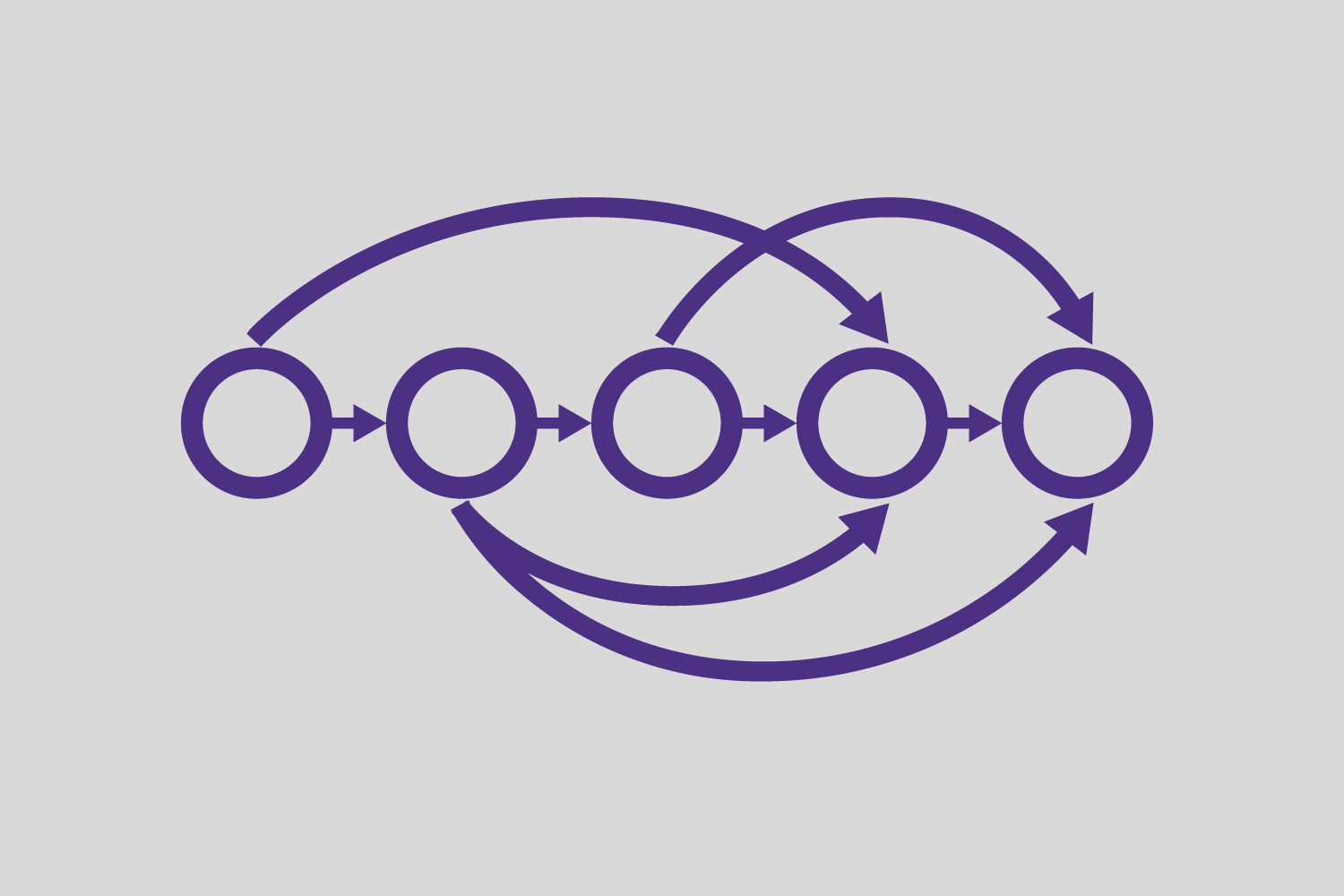About Course
Welcome to the course on Epidemiological Methods for Mental Health Research
Epidemiology is the study of distribution and determinants of health-related events (diseases) in populations as well as evaluating the impact of interventions on health in a population. Several different study methods can be used, including case-control, cohort, and RCTs. Quantifying the burden of mental health conditions and searching for its causes are the primary aims of epidemiology. This course introduce the types of study designs used in epidemiology, then describes the measurement and analysis of risk factors for mental health disorders, defines a cause and considers the properties necessary for the analysis of risk factors or to be considered a causal effect.
Course duration: 2 hrs lecture & 4 weeks of self-paced study
Course Instructor(s)
Course content(s)
- How to develop hypothesis and formulate mental health research questions
- Epidemiologic study design: Observational study design for mental health research
- Designing cross sectional, case- control, cohort and longitudinal studies
- Confounding and Bias in observational studies
- Data analysis of observational studies: using Stata/R: Measures of association in observational studies (e.g. OR, RR, RD, PAR, incidence rate ratios)
- Epidemiologic study design: Randomized controlled trials
o Designing RCTs: Randomization
o Sample size and power in RCTs
o Analysis of RCTs
Epidemiologic study design: Quasi-experimental study design
o Sample size and power in quasi-experimental design
o Analysis of quasi experimental studies
- Challenges in mental health epidemiology: defining cases, assessing the potential roles of chance, bias and confounding
- Introduction to causal inference
o Potential outcomes approach
o Directed acyclic graphs
Course objectives
By the end of this course, participants will able to learn the following course objectives
- Learn how to develop and formulate hypothesis testing
- Understand epidemiological methods used to answer typical questions in mental health research
- Explore key considerations for designing epidemiological study
- Learn importance of both data science and epidemiology when designing and analyzing mental health data
- Learn how to use a range of analytical techniques in R/Stata
- Learn key aspects of causal inference (potential outcomes approach and directed acyclic graph)
Course Instructor(s)
Course content(s)
- How to develop hypothesis and formulate mental health research questions
- Epidemiologic study design: Observational study design for mental health research
- Designing cross sectional, case- control, cohort and longitudinal studies
- Confounding and Bias in observational studies
- Data analysis of observational studies: using Stata/R: Measures of association in observational studies (e.g. OR, RR, RD, PAR, incidence rate ratios)
- Epidemiologic study design: Randomized controlled trials
o Designing RCTs: Randomization
o Sample size and power in RCTs
o Analysis of RCTs
Epidemiologic study design: Quasi-experimental study design
o Sample size and power in quasi-experimental design
o Analysis of quasi experimental studies
- Challenges in mental health epidemiology: defining cases, assessing the potential roles of chance, bias and confounding
- Introduction to causal inference
o Potential outcomes approach
o Directed acyclic graphs
Course objectives
By the end of this course, participants will able to learn the following course objectives
- Learn how to develop and formulate hypothesis testing
- Understand epidemiological methods used to answer typical questions in mental health research
- Explore key considerations for designing epidemiological study
- Learn importance of both data science and epidemiology when designing and analyzing mental health data
- Learn how to use a range of analytical techniques in R/Stata
- Learn key aspects of causal inference (potential outcomes approach and directed acyclic graph)
